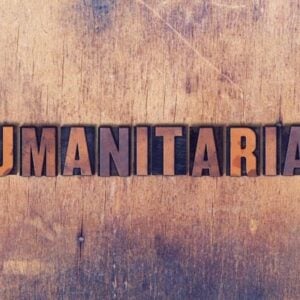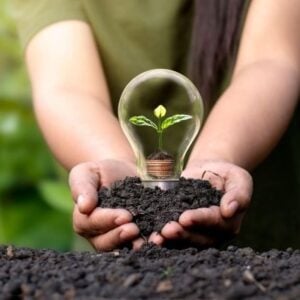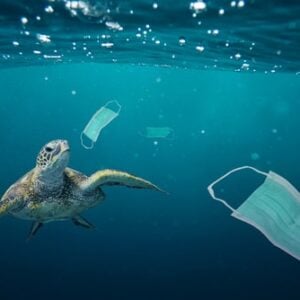Team Europe Ambassadors, representing the European Union, its Member States, and institutions, conducted their annual field visit to Tanzania’s Kilimanjaro region to observe ongoing projects and businesses supported through EU partnerships. These visits provide an opportunity to engage with local partners and witness the tangible impacts of Team Europe’s support, particularly in Tanzania’s agricultural sector, which accounts for nearly one-third of the country’s GDP and employs three out of four Tanzanians. The relationship between Tanzania and the EU has evolved into a mutually beneficial partnership, advancing national priorities and global goals such as sustainable growth and climate action.
The year 2025 marks significant milestones in EU-Tanzania relations, celebrating 50 years of collaboration and 25 years of EU–AU cooperation, reflecting a long-term commitment to the region. Team Europe engages with a range of agricultural innovations in Tanzania, including the Funguo Innovation Programme, co-funded by the EU, Finland, and the UK. During the visit, ambassadors met with Plant Biodefenders, a female-led startup producing VURUGA, an organic pesticide, demonstrating the success of locally produced, safe, environmentally friendly, and scalable agricultural solutions.
Kilimanjaro is a key player in Tanzania’s coffee sector, helping the country rank as Africa’s third-largest coffee producer. Team Europe has collaborated with the Tanzania Coffee Board (TCB) and private sector partners to provide technical assistance and capacity building for farmers and exporters, including the rollout of an upgraded online auction system to expand market access and reduce costs for smallholder coffee farmers. Visits to the Kilimanjaro Plantation and City Coffee Milling Factory highlighted compliance with the EU Deforestation Regulation and demonstrated how local harvests are transformed for international markets.
Beyond coffee, EU member states support Tanzania’s broader agricultural transformation. Finland has partnered with the Forestry Industries Training Institute (FITI) through projects such as SUFOR to enhance forestry education and capacity building. The Dutch-supported East-West Seed Company trains smallholder farmers in modern vegetable farming, establishes demonstration plots, and provides ongoing support via agro-dealers and extension officers, emphasizing the importance of investing in people alongside crops.
Large-scale agribusiness also contributes to sustainable development in Tanzania. The Tanganyika Planting Company, with French collaboration, showcases modern techniques that create jobs, strengthen exports, and promote environmentally responsible farming. Poland, through the Poland–East Africa Economic Foundation and Polish Aid, has supported the Kondiki Dairy Cooperative, improving milk production, processing, and marketing for local farmers. Initially funded by Poland, the cooperative has become self-sustaining and independent.
Concluding their visit with a hike through Marangu Gate at Kilimanjaro, Team Europe reflected on the progress and future potential of its agricultural partnership with Tanzania. Aligned with Tanzania’s Development Vision 2050, which emphasizes innovation, modernization, and sustainability, Team Europe’s long-term support spans the entire agricultural value chain, from farm-level crops to global markets, fostering sustainability, climate resilience, and inclusive economic growth.







